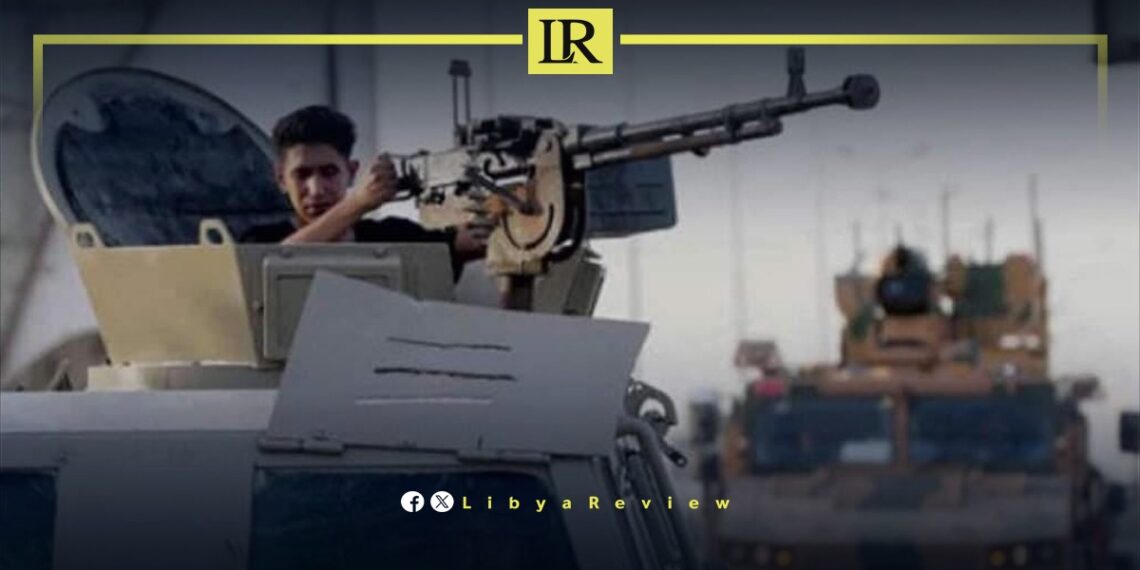The National Human Rights Commission in Libya (NIHRL) has expressed deep concern over recent military mobilisations and movements, which could destabilise the already fragile peace in the country. The commission warned that these actions might lead to an escalation in violence and armed clashes, posing significant threats to the safety of civilians and undermining efforts to achieve peace and national reconciliation.
The NIHRL noted that the chronic insecurity in Libya stems from the ongoing political crisis and the erosion of institutional legitimacy. This situation highlights the urgent need to prioritise elections to establish legitimate governing bodies that truly represent the will of the people, ensuring the state’s authority and the rule of law.
The commission is closely monitoring these unfortunate developments and calls on all political factions and armed groups to exercise maximum restraint. They urged a halt to any political or military escalation and recommended that all parties avoid violence and instead engage in political dialogue to resolve crises and disputes. The NIHRL emphasised the obligations and responsibilities of these groups under both national and international law to protect civilians and maintain security, stability, and peace.
The commission also warned of the grave danger that Libya could slip into a new civil war, threatening the nation’s unity—geographically, socially, and nationally—as well as its social peace and security. They called on all parties to avoid any actions that might compromise social peace, deepen political and social divisions, or undermine the fragile security stability and the ceasefire agreement. Such actions could have severe humanitarian consequences for civilians.
Furthermore, the NIHRL stressed the importance of launching a new, inclusive political process that would lead to the formation of a unified government capable of overseeing general elections across the country and ensuring comprehensive, sustainable political solutions.


